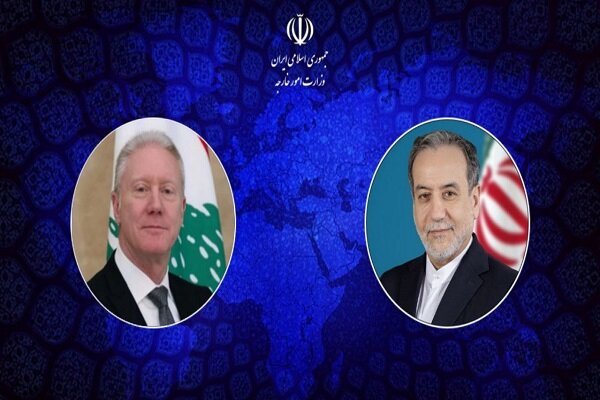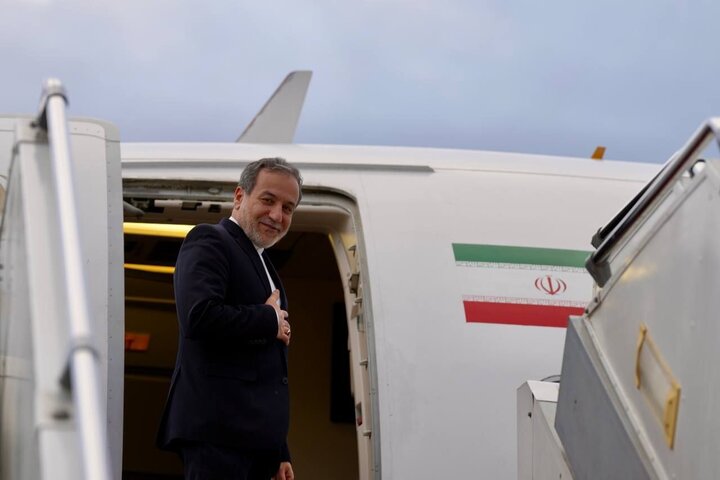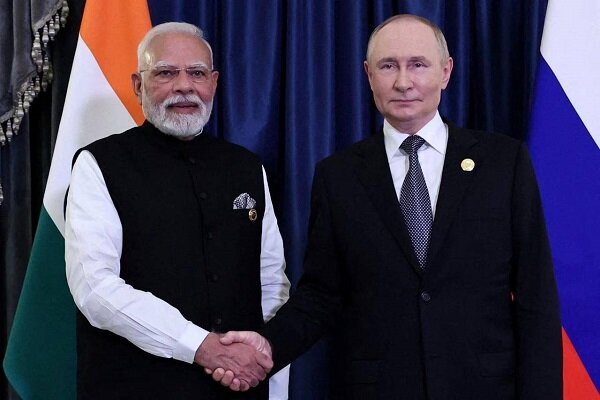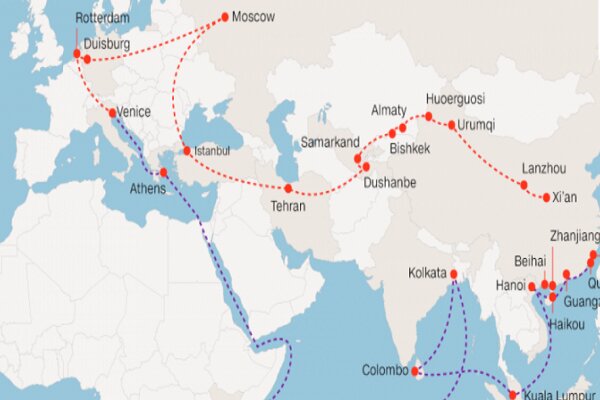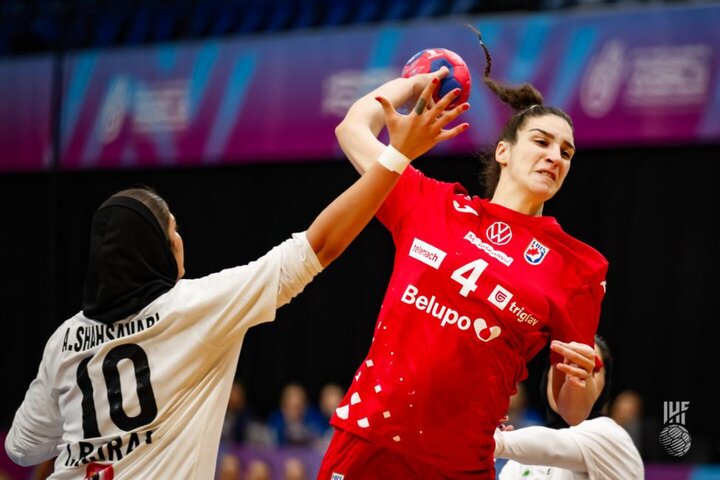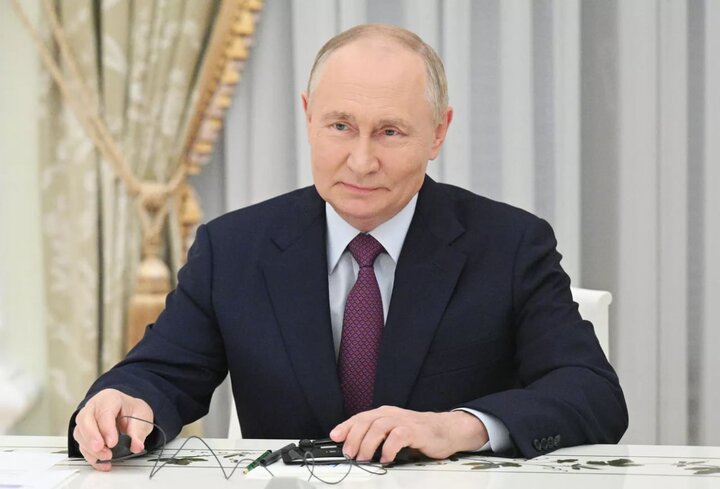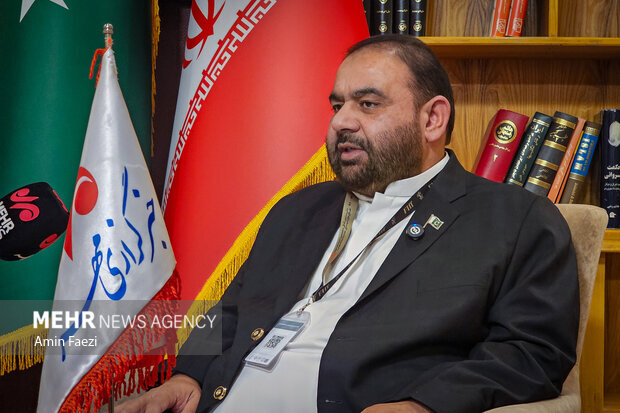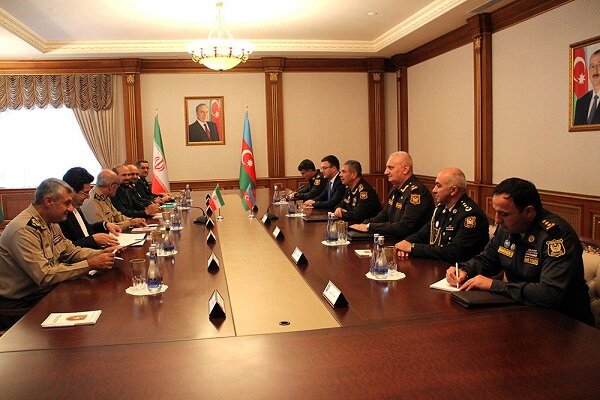
Iran has made it clear that it’s closely watching the situation and won’t accept any geopolitical changes on its doorstep.
Over the last few days, the authorities of Baku and Yerevan traded accusations of trying to initiate new major military escalations. Videos and photos circulating on social media indicated that the accusations may be rooted in reality as both countries have moved to reinforce their troops along the border.
In parallel, the leaders of Baku and Yerevan started discrete diplomatic campaigns to win over regional and international heavyweights in apparent anticipation of a major escalation of tensions.
Iran is closely following the developments as they unfold.
On Saturday, Iranian President Ebrahim Raisi received a phone call from Armenian Prime Minister Nikol Pashinyan as part of the Armenian premier’s diplomatic push to fend off a potential war with Azerbaijan. In what appeared to be a warning to Azerbaijan, President Raisi said Iran is ready to prevent any changes in regional geopolitics.
For context, the Republic of Azerbaijan has been calling for the establishment of a corridor called “Zangezour” that links the exclave of Nakhchivan to mainland Azerbaijan ever since it won the 2020 Karabakh war.
The corridor, if established, would cut off Iran’s access to Armenia, potentially depriving Iran of an alternative route to Europe. Iran has made it crystal clear that it won’t accept this geopolitical change all while highlighting the need for maintaining the sovereignty and territorial integrity of Armenia and the Republic of Azerbaijan.
But it seems that Iran’s continued calls for peace and security have fallen on deaf ears in Baku and Ankara, which are clearly trying to impose new geopolitical realities.
President Raisi once again reiterated Iran’s firm position regarding the situation in the South Caucasus region.
Responding to a report about the situation in the region presented by Pashinyan, Raisi reiterated the serious opposition of the Islamic Republic of Iran to any tension and changes in the historical borders of the region, according to a readout by the official website of the Iranian presidency.
Raisi emphasized the readiness of Iran as a powerful neighbor to play an effective role in preventing new conflicts and any changes in the geopolitics of the region.
Announcing the Islamic Republic of Iran’s support for the territorial integrity of all countries in the region, President Raisi said, “We believe that regional issues should be resolved through dialogue between the countries of the region, and we are seriously opposed to the involvement of foreign countries in the Caucasus region’s issues. Iran is ready to play its role to help resolve issues through diplomatic talks.”
In another part of this telephone conversation, President Raisi expressed his satisfaction with the report of the Prime Minister of Armenia on the favorable progress of economic cooperation and the implementation of the agreements and the readiness of our country to further develop economic and commercial interactions and accelerate the implementation of agreements with Armenia.
In this telephone conversation, Pashinyan, while presenting a detailed report on the latest developments in the South Caucasus region as well as the field developments in the Caucasus, stated, “The Islamic Republic of Iran has always played an effective and constructive role in establishing, maintaining and strengthening peace, stability, and security in the region.”
While appreciating the positions of the Islamic Republic of Iran in the Caucasus region, the Prime Minister of Armenia also presented a report on the latest status of economic cooperation between the two countries, as well as the measures taken to accelerate the implementation of the agreements reached during his visit to Tehran last year.
Simultaneously, an Iranian military delegation met on Saturday with Zakir Hasanov, the defense minister of Azerbaijan in Baku.
The two sides discussed security issues in the region, according to Fars News.
The timing of the meeting suggests that the Iranian delegation might have conveyed a message from Iran regarding the prospect of new escalations between Baku and Yerevan.
Iran has offered help to achieve peace and security in the South Caucasus region through diplomatic means. But it also said it cannot accept any use of force in the region to dictate new geopolitical realities. It remains to be seen whether Baku and Yerevan heeded the Iranian calls.
By Sadegh Fereydounabadi
First published in Tehran Times
